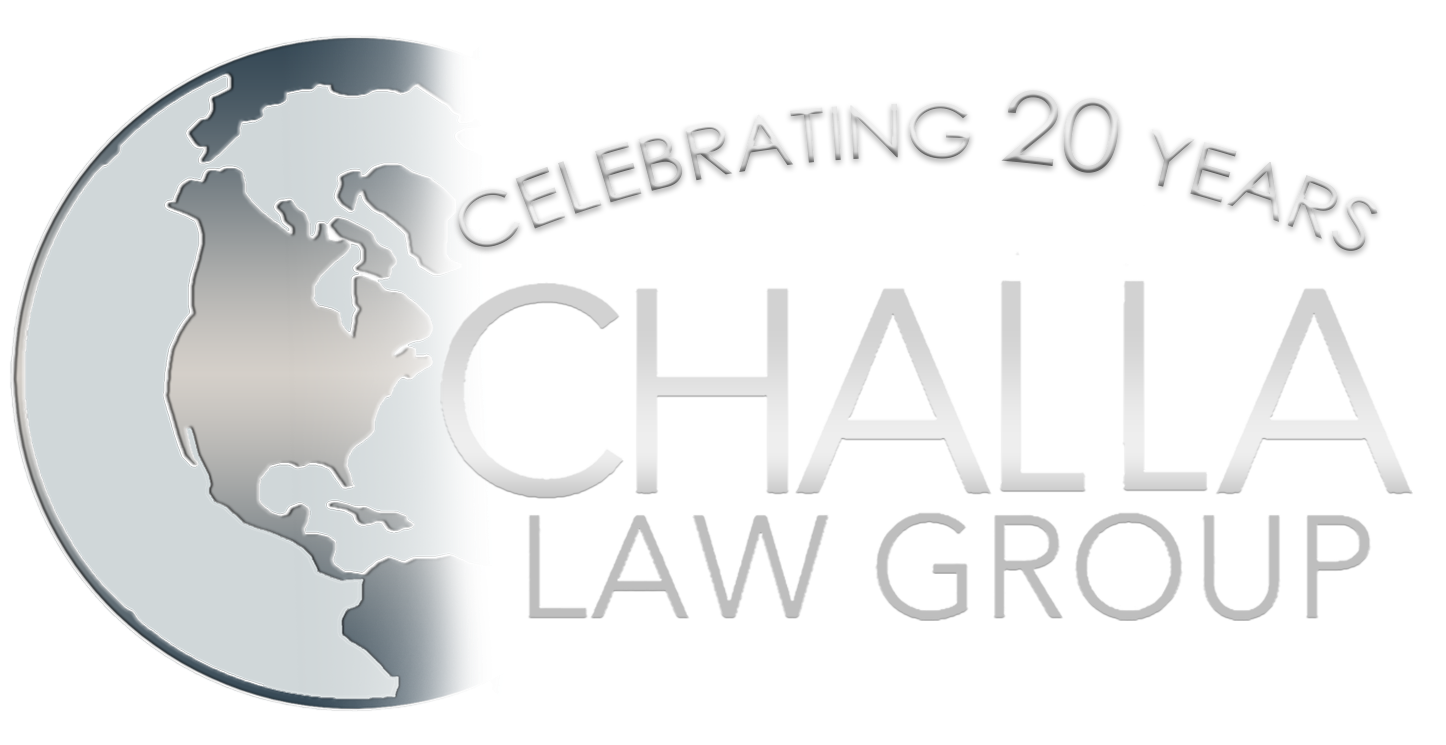DHS Adds Countries to H-2A and H-2B Eligibility List
From DHS, 11/09/2021
The Department of Homeland Security (DHS), in consultation with the Department of State (DOS), has announced the lists of countries whose nationals are eligible to participate in the H-2A and H-2B visa programs in the next year. The notice listing the eligible countries will be published in the Federal Register on Nov. 10, 2021.
For the next year, the secretary of homeland security, with the concurrence of the secretary of state, has decided to:
- Add Bosnia and Herzegovina, the Republic of Cyprus, the Dominican Republic (currently only eligible for the H-2A program), Haiti, Mauritius, and Saint Lucia to the list of countries eligible to participate in the H-2A and H-2B programs; and
- No longer designate Moldova as an eligible country for the H-2A visa program because it no longer meets the regulatory standards for that program. However, Moldova’s eligibility for the H-2A program remains effective until Jan. 18, 2022.
DHS maintains its authority to add countries to the eligible countries lists at any time, and to decide not to redesignate any country at the end of the one-year period following the date of publication of a country’s last designation in the Federal Register, should DHS and DOS determine that a country fails to meet the requirements for continued designation. Examples of factors that could result in the exclusion of a country or the removal of a country from the list include fraud, abuse, denial rates, overstay rates, human trafficking concerns, and other forms of noncompliance with the terms and conditions of the H-2 visa programs by nationals of that country that are contrary to U.S. interest.
The H-2A and H-2B visa programs allow U.S. employers to bring foreign nationals to the United States to fill temporary agricultural and nonagricultural jobs, respectively. Typically, USCIS approves H-2A and H-2B petitions only for nationals of countries that the secretary of homeland security has designated as eligible to participate in the programs. However, USCIS may approve H-2A and H-2B petitions, including those that were pending as of the date of the Federal Register notice, for nationals of countries not on the list on a case-by-case basis only if doing so is determined to be in the interest of the United States.
Effective Nov. 10, nationals of the following countries are eligible to receive H-2A and H-2B visas:
| Andorra | Fiji | Malta | Saint Lucia |
| Argentina | Finland | Mauritius | San Marino |
| Australia | France | Mexico | Serbia |
| Austria | Germany | Moldova* | Singapore |
| Barbados | Greece | Monaco | Slovakia |
| Belgium | Grenada | Mongolia** | Slovenia |
| Bosnia and Herzegovina | Guatemala | Montenegro | Solomon Islands |
| Brazil | Haiti | Mozambique | South Africa |
| Brunei | Honduras | Nauru | South Korea |
| Bulgaria | Hungary | The Netherlands | Spain |
| Canada | Iceland | New Zealand | St. Vincent and the Grenadines |
| Chile | Ireland | Nicaragua | Sweden |
| Colombia | Israel | North Macedonia | Switzerland |
| Costa Rica | Italy | Norway | Taiwan*** |
| Croatia | Jamaica | Panama | Thailand |
| Republic of Cyprus | Japan | Papua New Guinea | Timor-Leste |
| Czech Republic | Kiribati | Paraguay* | Turkey |
| Denmark | Latvia | Peru | Tuvalu |
| Dominican Republic | Liechtenstein | Philippines** | Ukraine |
| Ecuador | Lithuania | Poland | United Kingdom |
| El Salvador | Luxembourg | Portugal | Uruguay |
| Estonia | Madagascar | Romania | Vanuatu |
*Moldova and Paraguay are eligible to participate in the H-2A program but they are not eligible to participate in the H-2B program. Moldova’s eligibility for the H-2A program remains effective until Jan. 18, 2022.
**Mongolia and the Philippines are eligible to participate in the H-2B program but are not eligible to participate in the H-2A program.
***Regarding all references to “country” or “countries” in this document, it should be noted that the Taiwan Relations Act of 1979, Pub. L. No. 96-8, Section 4(b)(1), provides that “[w]henever the laws of the United States refer or relate to foreign countries, nations, states, governments, or similar entities, such terms shall include and such laws shall apply with respect to Taiwan.” 22 U.S.C. § 3303(b)(1). Accordingly, all references to “country” or “countries” in the regulations governing whether nationals of a country are eligible for H-2 program participation, 8 CFR 214.2(h)(5)(i)(F)(1)(i) and 8 CFR 214.2(h)(6)(i)(E)(1), are read to include Taiwan. This is consistent with the United States’ one-China policy, under which the United States has maintained unofficial relations with Taiwan since 1979.
This notice does not affect the status of H-2 beneficiaries who currently are in the United States unless they apply to extend their stay in H-2 status on the basis of a petition filed on or after the date of publication of the Federal Register notice. Similarly, this notice would not affect the eligibility of an H-2 beneficiary to apply for an H-2 visa and/or seek admission to the United States based on an H-2 petition approved prior to the date of publication of the Federal Register notice. It does apply to nonimmigrants changing status in the United States to H-2A or H-2B. Each country’s designation is valid from Nov. 10, 2021, until Nov. 9, 2021.
For more information on these programs, see the H-2A Temporary Agricultural Workers and H-2B Temporary Non-Agricultural Workers pages on the USCIS website.
________________________________________________________________________________
Connecting with Challa Law Group
Join us on Wednesdays for a live webinar at 12 PM ET on critical immigration updates
Don’t miss out on the immigration news! You can sign up for our mailing list or follow us on Facebook, Twitter, Instagram, YouTube, or LinkedIn. You can also join our Telegram community.
Contact us at info@challalaw.com or 804-360-8482 to get your case started today.







